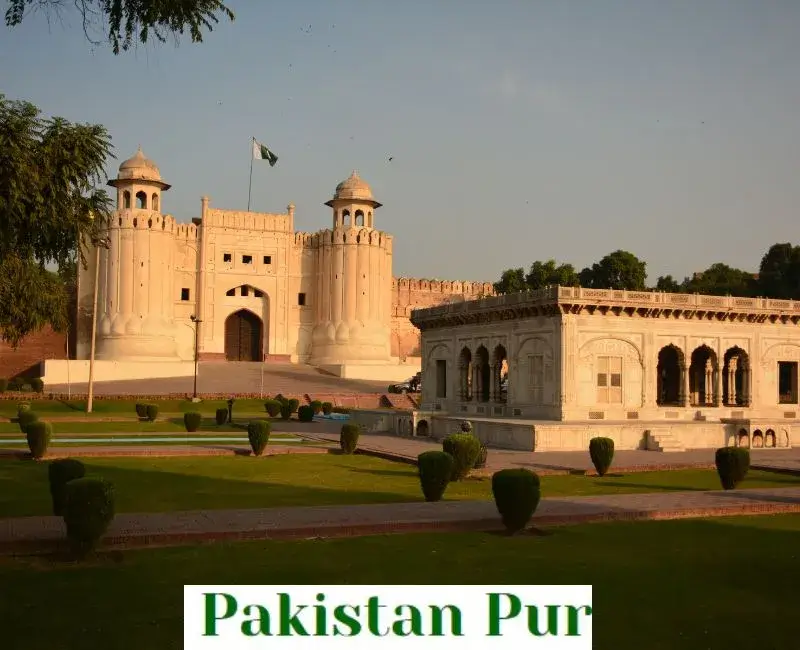
Language is art, and in a country like Pakistan that has rich linguistic diversity, the art of language plays an essential role in shaping the country’s culture and identity. But what is surprising is that despite being one of the most widely spoken and understood languages in the country, Urdu is not recognized as an official language of Pakistan.
So, if Urdu is Pakistan’s national language, why it isn’t the official language? Let’s explore this question together.
English – The Language of Ex Rulers
One of the primary reasons why Urdu cannot be made official in Pakistan is because of the growing importance of the English language as a language of governance.
Pakistan being a former British colony, has inherited the administrative and legal system of the English language, and it dominates the country’s public sphere.
English is used for official purposes such as documentation, court rulings, and politics across the country, and it has become an indispensable part of the country’s linguistic fabric.
Regional Languages of Pakistan
Pakistan is a linguistically diverse country with over sixty languages spoken across the country. With such linguistic diversity, it becomes challenging to promote a single language as the official language.
The country’s constitution recognizes 4 provincial and national languages, namely Punjabi, Sindhi, Pashto, and Balochi. The recognition of these languages was a way of promoting linguistic diversity and giving every community the right to preserve its identity.
Official Language of Pakistan in the 1973 Constitution
The constitution of Pakistan that was enacted in 1973 established the role of languages in the new nation. According to Article 251 of the Constitution, Urdu was to be the nation’s official language.
The constitution stipulated that steps should be taken to implement Urdu as the official language within 15 years. However, the same clause made provisions for English to be used for official purposes until arrangements were made for its replacement by Urdu.
Despite this constitutional mandate, the transition has been slow, and English continues to play a significant role in the country’s affairs, with Urdu not yet fully replacing it in the administrative and governance domains.
Urdu Vs English
The dichotomy between English and Urdu in Pakistan is stark. Urdu, the national language, prevails as the language of the public and mass communication. It binds the nation together and is the medium of instruction in most schools.
Children learn Urdu before they learn English, and it is the de facto language of the street, the market, and the home. Yet, despite its prevalence and its ability to unify Pakistan’s myriad ethnic groups, Urdu is not the official language.
Political Reasons – Elite Capture
Language is a sensitive issue in Pakistani politics. The debate over the official status of Urdu in 2015 highlighted the opposition from various political parties, driven by their own agendas.
The reluctance to embrace the language of the masses stems from the desire of the elite to maintain control. Unfortunately, English proficiency remains low among the general public, despite years of education.
This creates a disadvantage for the masses, as English is required for top civil service exams and becomes a tool for suppressing them.
Why is Urdu not Implemented as an Official Language?
Public opinion in Pakistan regarding the official language is divided. Some argue for English, citing global opportunities and economic prospects, while others advocate for Urdu as the national language.
Regional language speakers feel marginalized. This highlights the complexity of language politics and the need for a more inclusive language policy.
The resistance to acknowledging Urdu as the official language is seen as a tactic to maintain control and exclude the majority from decision-making processes.
In conclusion, Pakistan is a country with a rich linguistic tapestry, and all the languages represent its cultural diversity. Urdu, as the national language, plays a vital role in connecting people of different communities in Pakistan.
However, due to a myriad of reasons, Urdu’s status as an official language has not been recognized by the state. While recognizing Urdu as an official language is vital for the promotion of language, culture, and identity, it should be done in a way that does not undermine other languages spoken in Pakistan.
Leave a Reply